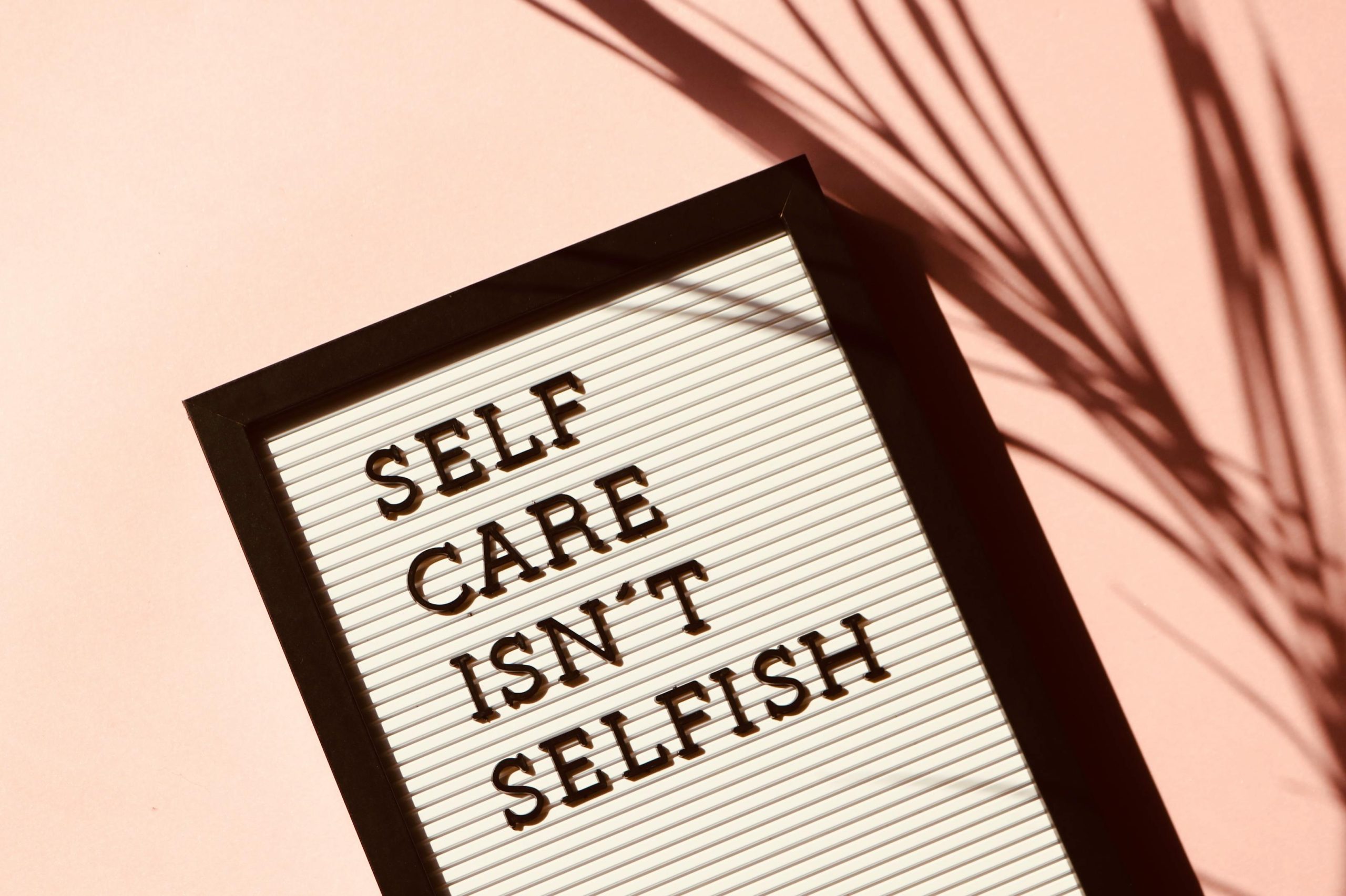In today’s digital age, social media has become an integral part of our daily lives. From staying connected with friends and family to consuming news and entertainment, platforms like Facebook, Instagram, and TikTok dominate our screen time. But as social media use continues to rise, so do concerns about its impact on mental health. Is scrolling through endless feeds harming your well-being? Let’s explore the effects of social media on mental health and what you can do to protect yourself.
The Link Between Social Media and Mental Health
Research has shown that excessive social media use can contribute to a range of mental health issues, including anxiety, depression, and low self-esteem. One of the primary reasons is the comparison trap. When people constantly see curated highlights of others’ lives—vacations, achievements, and picture-perfect moments—they may feel inadequate or left behind.
Additionally, social media can disrupt sleep patterns. The blue light emitted by screens interferes with melatonin production, making it harder to fall asleep. Poor sleep, in turn, exacerbates stress and emotional instability.
Another concern is cyberbullying, which can lead to severe emotional distress, especially among younger users. The anonymity of the internet often emboldens negative behavior, leaving victims feeling isolated and helpless.
Positive vs. Negative Effects of Social Media
While social media has its downsides, it’s not all bad. When used mindfully, it can offer several benefits:
- Connection: Social media helps people stay in touch with loved ones, especially those who live far away.
- Support communities: Many find comfort in online groups that share similar experiences, such as mental health support forums.
- Education and awareness: Platforms can be powerful tools for spreading information about mental health and wellness.
However, the negative effects often outweigh the positives when usage becomes excessive or compulsive. The key is finding a balance that works for you.
Signs Social Media Is Affecting Your Mental Health
How do you know if social media is taking a toll on your well-being? Here are some red flags to watch for:
- Feeling anxious or depressed after scrolling through feeds
- Constantly comparing yourself to others online
- Difficulty concentrating on tasks without checking notifications
- Neglecting real-life relationships in favor of online interactions
- Experiencing FOMO (fear of missing out) when not using social media
If you recognize these signs, it may be time to reassess your social media habits.
How to Protect Your Mental Health While Using Social Media
You don’t have to quit social media entirely to safeguard your mental health. Here are some practical strategies to use it more mindfully:
Set Time Limits
Most smartphones have built-in screen time trackers that allow you to set daily limits for social media apps. Stick to these boundaries to prevent mindless scrolling.
Curate Your Feed
Unfollow accounts that make you feel bad about yourself or trigger negative emotions. Instead, follow pages that inspire, educate, or uplift you.
Take Regular Breaks
Consider scheduling social media detoxes—periods where you log off completely. Even a short break can help reset your mindset.
Engage in Real-Life Activities
Balance online interactions with offline hobbies, exercise, or face-to-face conversations. Real-world connections are crucial for mental well-being.
Conclusion
Social media isn’t inherently good or bad—it’s how we use it that determines its impact on our mental health. By being aware of the potential risks and adopting healthier habits, you can enjoy the benefits of social media without sacrificing your well-being. If you find that social media is significantly affecting your mental health, don’t hesitate to seek professional help. Remember, your mental health always comes first.

Leave a Reply